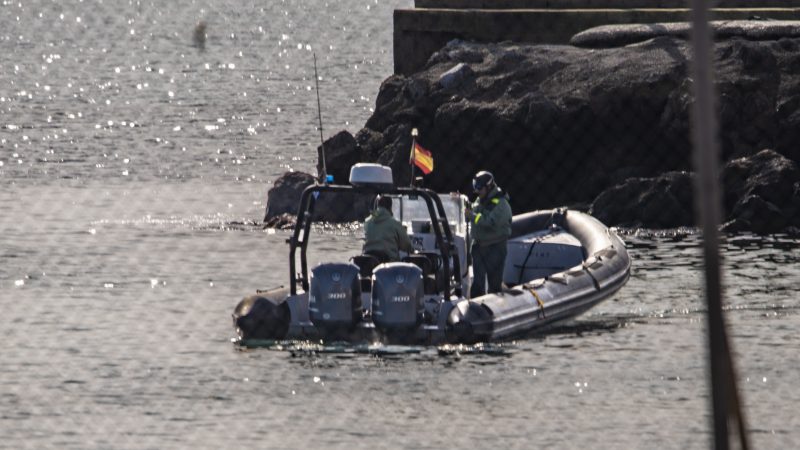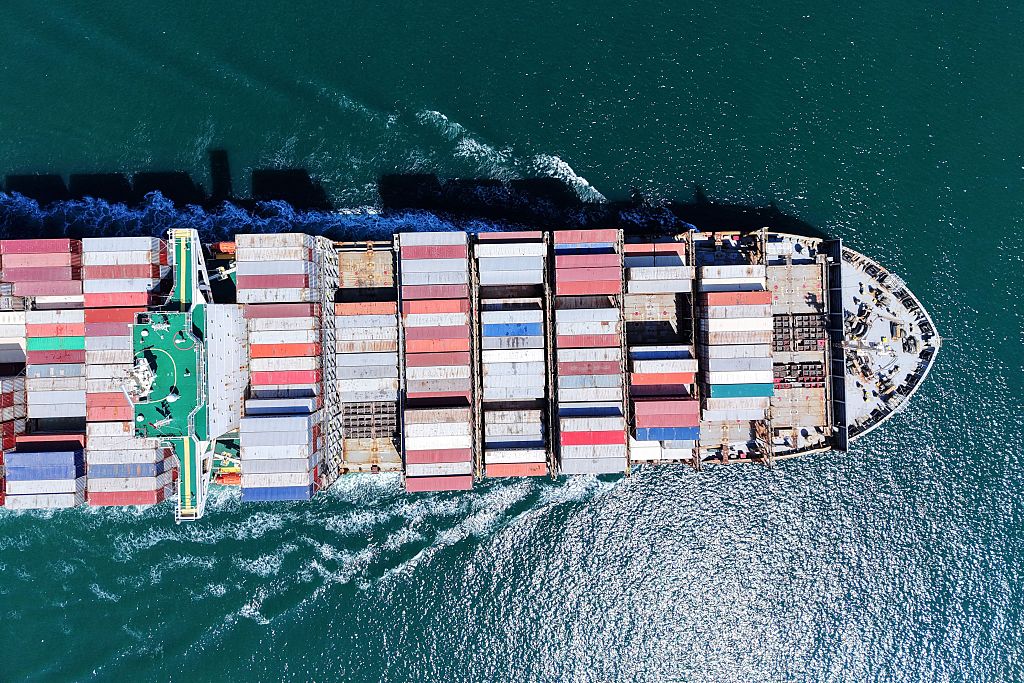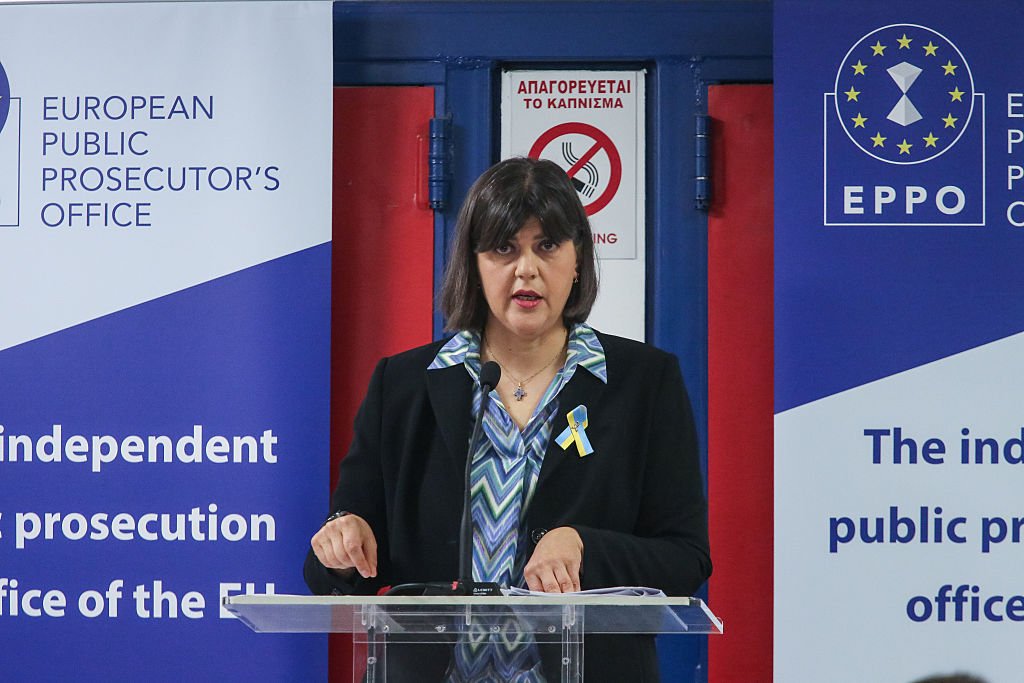Sánchez stands alone as Europe toughens its migration discourse
Source: Euractiv
MADRID – With anti-immigration protests erupting across Spain and public sentiment tilting rightward, Pedro Sánchez’s government finds itself under domestic pressure to act tougher on migration, yet increasingly isolated at the European level for resisting the bloc’s hardening approach.
Images of anti-immigration riots in the small agricultural town of Torre Pacheco, in Spain’s southeastern region of Murcia, have dominated local media for weeks.
What began as outrage over the assault of an elderly person escalated into five nights of community clashes and unrest, fuelled by online disinformation and far-right mobilisation.
Nevertheless, the protests laid bare a sharp rightward shift in public sentiment on migration that reflects a broader national mood.
A recent Sigma Dos poll for national newspaper El Mundo shows that 70% of Spaniards support migrant deportations, including 91.7% of centre-right PP voters and 57.1% of those backing Sánchez’s Socialist Party (PSOE).
Yet, Madrid remains one of the last holdouts against the EU’s shift toward stricter migration controls.
Alone in Brussels
At Tuesday’s informal EU Home Affairs Council in Copenhagen, Spain’s Interior Minister Fernando Grande-Marlaska reiterated Madrid’s opposition to the bloc’s proposed return regulation, voicing legal and humanitarian concerns.
According to an official ministerial statement, Grande-Marlaska expressed “serious political, legal, economic and sustainability reticence” about the creation of asylum return hubs and large-scale deportations to third countries.
Instead, Madrid continues to favour bilateral cooperation with countries of origin and transit – such as Mauritania, Mali and Senegal – as a more sustainable alternative.
“We have achieved a 42% decrease in arrivals to the Canary Islands in the first half of 2025,” the ministry noted, citing a broader 27% drop in irregular arrivals to Spain, compared to a 20% EU average.
But experts warn this may be temporary. “Stricter border controls in transit countries are creating bottlenecks that will eventually give way,” said Xavier Aragall of the European Institute of the Mediterranean (IEMed). According to him, flows will resume and likely increase.
However, despite an overall decrease of 20% in the number of irregular border crossings into Europe, and 27% to Spain, the West African route via the Canary Islands remained the busiest migration route in the first two months of 2025. Spain recorded 47,000 arrivals there in 2024 – up from 39,900 in 2023 and 15,680 in 2022.
As the central Mediterranean route narrows due to increased controls in North Africa, more pressure is expected to shift westwards toward Spain.
Traditionally aligned with other southern frontline states like Italy and Greece, Spain now finds itself increasingly isolated. “Madrid’s solidarity-based approach is leaving it alone in Brussels,” Aragall said.
A domestic issue
Spain’s reluctance to align with the EU’s tougher migration stance reflects the political constraints of a fragile ruling coalition that holds opposing views on the question.
On the left, junior partner Sumar – holding 26 seats and five ministries – has pushed for a sweeping regularisation law to grant residency to around 500,000 undocumented migrants. The party has also condemned the EU’s externalisation plans.
“We are deeply concerned about asylum return hubs – detention centres that may breach humanitarian law,” a Sumar MP told Euractiv.
The proposal has the backing of ERC and Bildu, two key pro-independence parties that support the coalition, limiting Sánchez’s ability to pivot right.
But nationalist forces within the coalition are moving in the opposite direction. Catalan separatist Junts has adopted a harsher tone on migration, and the Basque PNV is calling for stricter enforcement – adding pressure from the centre-right.
A major flashpoint is the redistribution of 3,000 unaccompanied minors from the Canary Islands. A decree mandating their transfer across Spain’s autonomous regions was approved this week, but six regions – including Madrid, Valencia, and Andalusia – have filed appeals before the Constitutional Court.
To complicate matters further, Catalonia and the Basque Country, governed by Sánchez’s allies, are exempt from the scheme, fuelling accusations of unfair treatment.
Caught between competing forces, Sánchez’s government remains reluctant to join the EU’s migration hardliners for fear of provoking internal fractures that could threaten its parliamentary survival.
(cs)
The original article: belongs to Euractiv .




